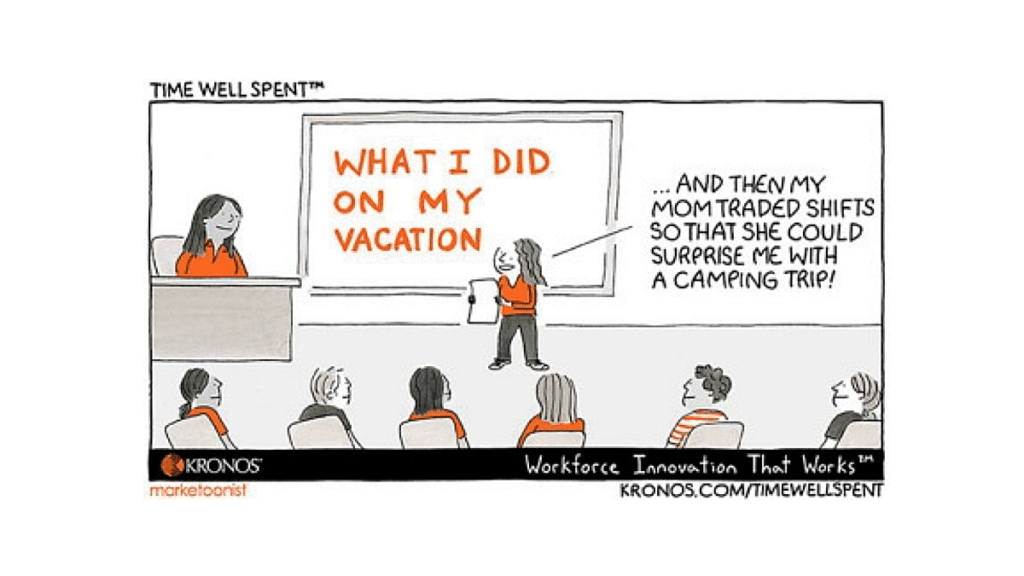Employee Experience: Surprise Employees In a Good Way

Personally, I’m not a big fan of surprises. But I do understand how others might enjoy them and want to have a few surprises in their life. And in the workplace, it may be a welcome part of the employee experience. That’s why I love today’s Time Well Spent from our good friends at Kronos. You can just tell that this surprise was welcome and appreciated.
And that’s the point of surprises. They’re supposed to be good. I’m not sure that anyone wants a negative or bad surprise. At least I can’t think of one. And we can’t just assume that everyone will like a surprise just because we might think it’s great. Organizations need to think about how an employee will receive the surprise.
Performance shouldn’t be a surprise. The first surprise I’m reminded of is performance reviews. I cannot begin to tell you how many times an employee has complained to me that their performance review was a complete surprise to them. And not in a good way. Managers should be having performance conversations with employees all the time. Employees shouldn’t have to wait months or years to hear how they’re doing. When it comes to a good employee experience, you’ve heard me say this before but I’ll say it again, “’No news is good news’ isn’t a performance management program.”
Remember surprises are like recognition. Managers want to surprise employees similar to the way they recognize them. In a way that is meaningful to the employee. I still remember when I became a vice president. I got called up in front of the entire company during a meeting. I had no idea it was coming. I was totally mortified. The surprise was great for my boss. Me? Not so much. And I’m confident she would have never understood if I told her how I felt.
Informal lines of communication can soften a surprise. Translation: the company’s gossip or rumor mill can serve a valuable communication purpose every once in a while. But that’s predicated on a couple of things. First that HR and senior management understand how the informal lines of communication work and second, that they know how to use them. An example would be if the company is planning some sort of layoff, can those informal communications help (or hurt) future messaging.
Organizations could improve their relationships with employees and create a positive employee experience if they looked for ways to send good surprises. It could be positive feedback for a job well done. A pizza party for a team that met a milestone. Or telling a manager to take the afternoon off and you’ll cover the rest of their shift. Those are the kind of surprises that delight employees and build positive morale.
12